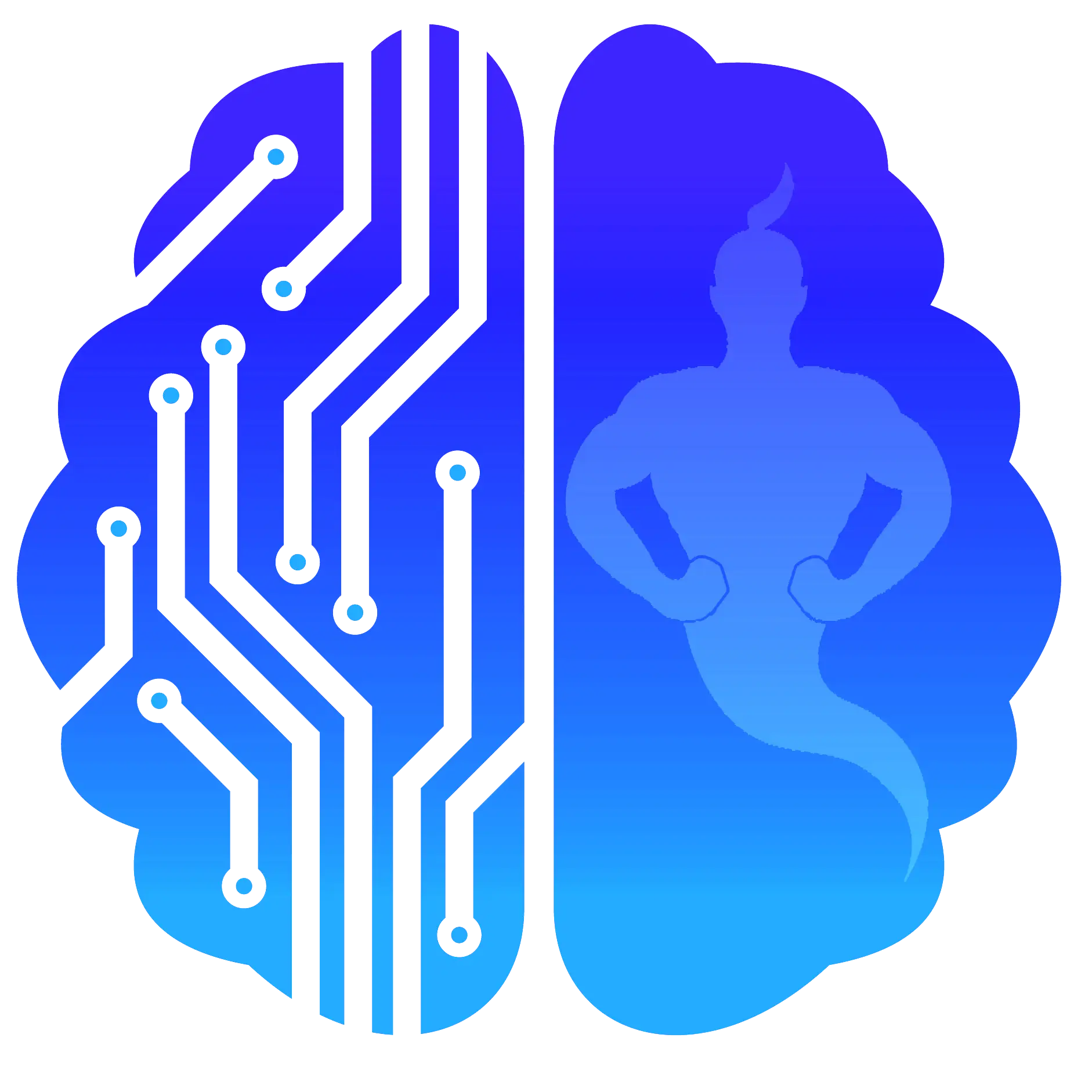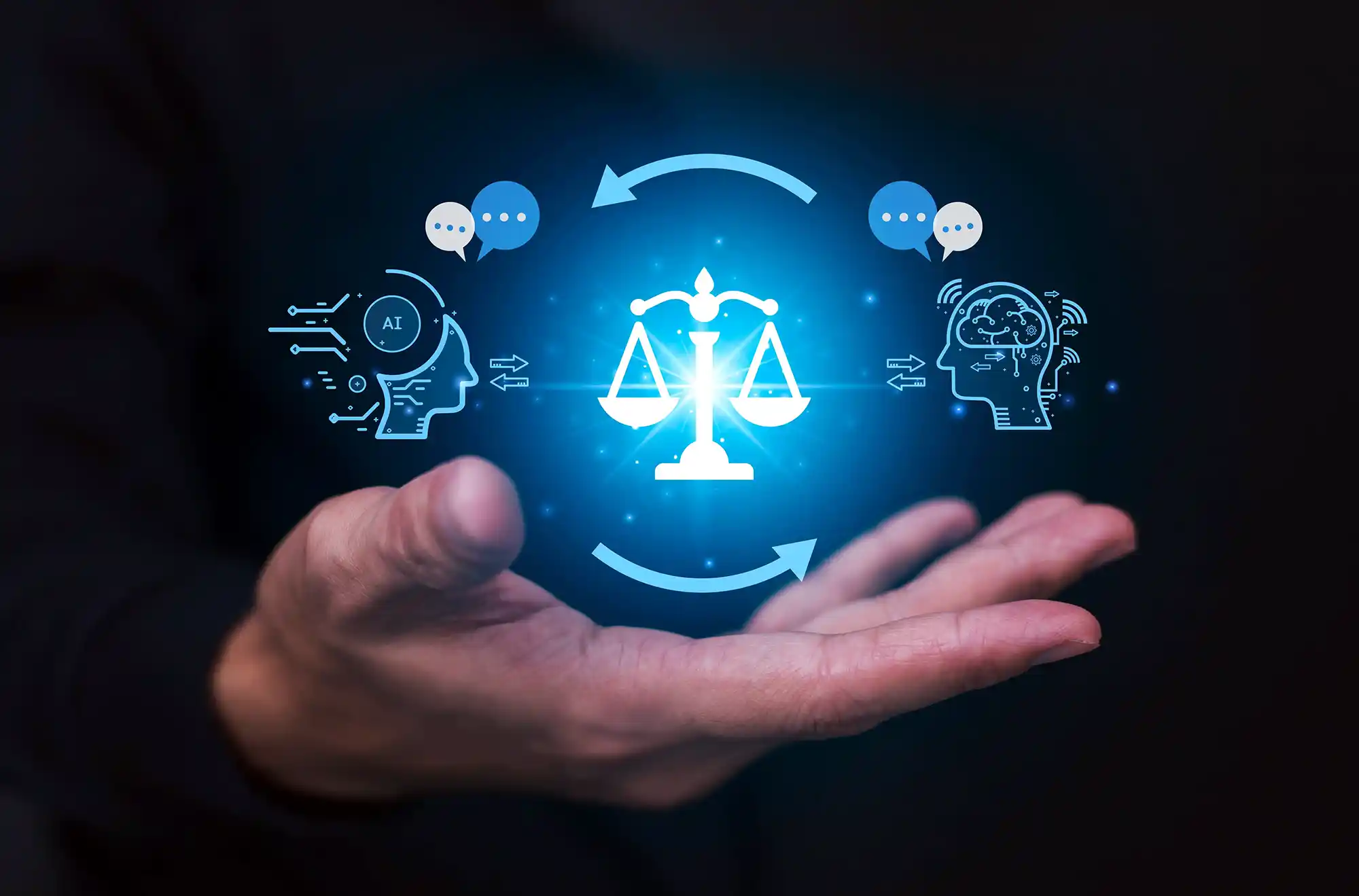Introduction
Artificial intelligence (AI) is rapidly transforming our world. While the benefits are many, AI also raises important ethical questions. This article aims to highlight some of these problems through concrete examples.
Discrimination and Algorithmic Bias
AI often learns from data created by humans, and can inherit our biases. This built-in bias can lead to unintentional discrimination.
Case in point: In 2018, a facial recognition algorithm at some major tech companies struggled to correctly identify the faces of people of color, suggesting a racial bias.
Autonomy of Military Decisions
With the development of technology, machines are making more and more autonomous decisions on the battlefield. This raises ethical dilemmas about the value of human life and the morality of war.
Example: Autonomous drones can select targets without human intervention, raising questions about moral responsibility in the event of collateral damage.
Privacy and Surveillance
AI offers powerful tools for surveillance, potentially compromising our privacy. While beneficial for safety, they can also be exploited.
Example: virtual assistants such as Alexa or Siri, which constantly listen in on conversations, can potentially record private information.
Information handling
AI’s ability to generate content can be used to deceive or mislead, compromising truth and trust.
Example: « deepfakes », AI-generated videos in which people appear to say or do things they’ve never done, have been used to spread misleading information.
Economy and Employment
Automation and AI are transforming the employment landscape, offering opportunities but also creating challenges for the existing workforce.
Example: Companies have adopted automation for many tasks, which has already led to massive lay-offs in certain sectors such as copywriting.
Consequences for workers
Some professions are more likely to be automated than others, raising questions about the future of work.
Example: Truck drivers could lose their jobs to autonomous vehicles.
AI’s economic impact on the world of work
The rapid adoption of artificial intelligence in various sectors has given rise to a major reshaping of professional dynamics.
Work rhythms are changing as repetitive tasks are automated, allowing employees to devote themselves to higher value-added activities.
However, this transformation poses challenges in terms of compensation. While, on the one hand, AI specialists can command high salaries due to their expertise, many traditional positions are seeing their value decline due to automation.
The major challenge lies in redefining the notion of work in the age of AI:
How can we guarantee a fair distribution of resources when machines are gradually replacing human labor?
Some experts suggest innovative solutions, such as a universal basic income, to ensure a decent standard of living for all.
It is therefore crucial for governments, businesses and civil society to work together to address these ethical and economic issues, in order to build a future where man and machine coexist harmoniously.
Human Interaction
AI and robotics are changing the way we interact, not only with technology, but also with each other.
Example: With the emergence of companion robots, questions are being asked about how this might affect traditional human relationships.
Liability and AI
As AI makes autonomous decisions, determining responsibility for errors becomes a challenge.
Example: In the event of a car accident involving an autonomous car, who is liable? The manufacturer, the owner or the AI itself?
Considerations on AI well-being
If AI reaches a level where it can feel or be aware of its existence, how should we treat it?
Example: If an AI is advanced enough to feel, is it ethical to use it for repetitive or boring tasks?
In conclusion
Despite the spectacular advances inartificial intelligence and its many revolutionary applications, it is crucial to address the ethical issues that accompany it. The examples presented illustrate the need to guide the development and use of AI with increased responsibility. From issues of discrimination to liability, privacy and economic implications, AI is shaping our society at lightning speed. As consumers, developers or decision-makers, it is imperative to understand and address these ethical issues. Only a balanced approach will maximize the benefits of AI while minimizing its potential risks and disruption to our societies. The search for harmony between technology and ethics is one of the great quests of our time.

